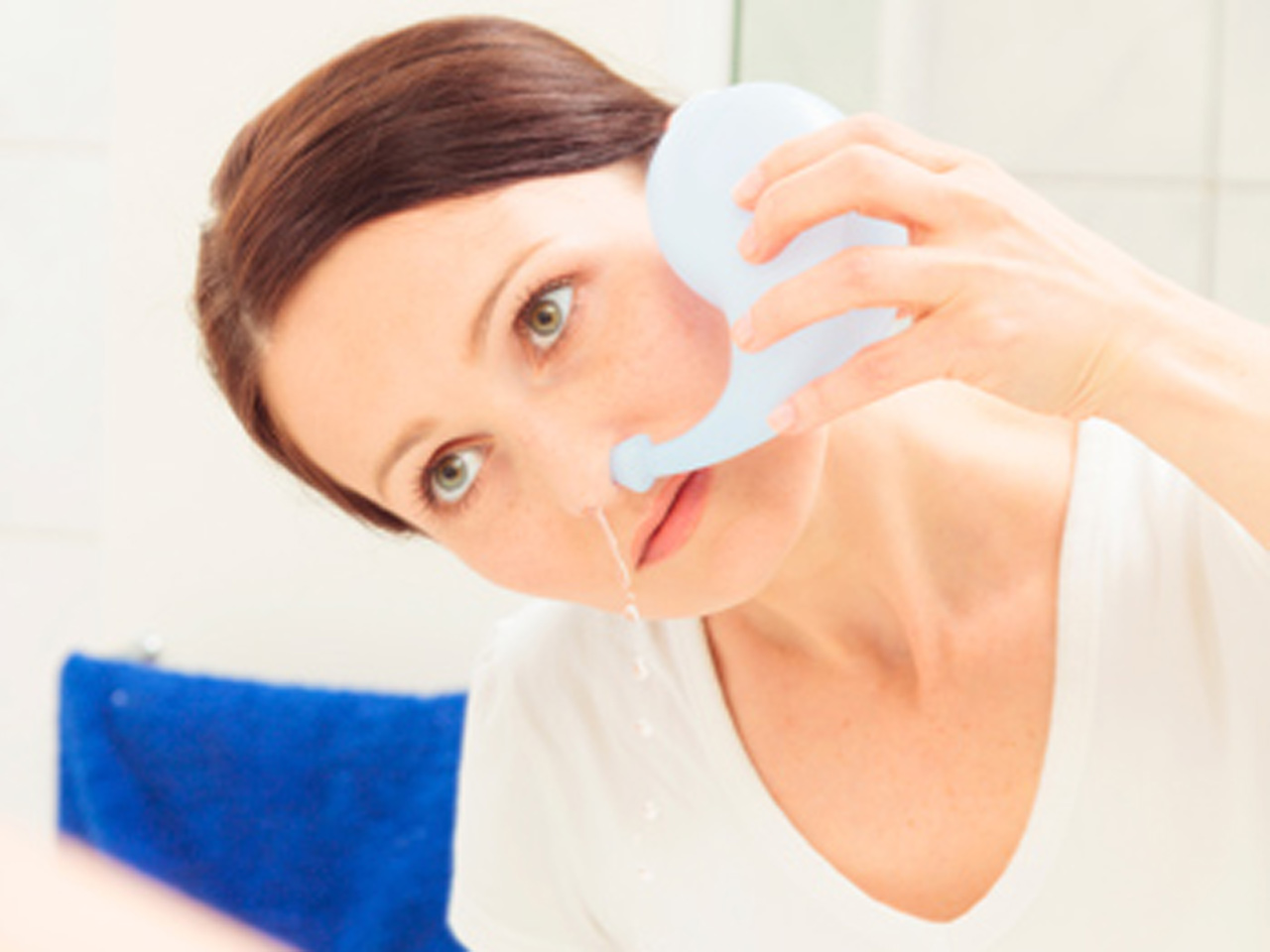Spring brings with it high pollen counts and if you are sensitive to it, it can be pretty miserable. I suffered from allergies (in the fall) for years, but no longer. I find the best treatment for allergies is a carefully-selected homeopathic remedy. If you're not quite there though, or still in the need-for-support stage, here are some things that can help. Caveat: This piece is educational and is no substitute for personalized medical advice.
Vitamin C
In high doses this vitamin is anti-inflammatory. "High" means several thousand milligrams a day. I learned that naturopaths prescribe this "to bowel tolerance" meaning you keep upping the dose until the bowels become a bit loose. However I find that 3,000-6,000 mg per day is often helpful. I tell patients to take it in "divided doses"--meaning one spreads that out over the course of the day, for example 1,000 mg three times a day.
Quercetin
This is a naturally-occurring nutrient found in grapes, cherries, berries, kale, tomatoes, and broccoli, among others. Quercetin is a component of cell-walls, and having a diet with enough of this nutrient ensures that cell walls have all they need. The thinking is that strong cell walls means that they're less likely to break. "Mast cells" are in the body to protect against certain kinds of infections. When organisms try to get into the body, mast cells break open to release histamine which brings white blood cells to the area. Some studies have found that taking quercetin reduces the "breakability" of mast cells just enough to reduce histamine release. You can get this from foods or from supplements. The latter will often be compounded with plant-based digestive enzymes like bromelain or papain to help the quercetin be absorbed.
This is a nice, "nursey" hygiene measure. The neti pot is a specially-designed pot so the user can washout the nasal passages.
It's been in use for thousands of years, and can wash away the inhaled pollen and collected mucus that leads to symptoms. There's lots of stuff on the internet one can look up for the details, but I always emphasize with my patients that the pot should be cleaned with hot water with each use, to reduce the risk of sinus infection. The washing solution is salt water, and there are premixed solutions available, or a person can make their own. I also emphasize lukewarm water! Very hot or cold water can cause problems. Saline nasal sprays are a less messy means to achieve the same "wash out", but may not be as effective.
This is a plant that actually suppresses T-cell function, which is one of the main causes of allergies. Without getting into too many details, T-cells are a type of cell that "memorizes" allergy and initiates the reaction that pops mast cells.
One has to be a little careful with this one for two reasons. First, the plant must be picked and processed at a certain part of its life cycle to avoid the "cystoliths"--tiny hard bits of calcium carbonate--that are said to cause kidney and liver damage. Some sources dispute this, but it isn't hard to stick to young plants that are pretty much cystolith-free, so why take the chance? For my patients, I always recommend verified professional-quality nettles.
Second--and this is not in dispute--is that this stuff actually works to get at the source of allergy symptoms. T-cell suppression isn't as strong as some of the drugs that also do this (as in drugs for autoimmune diseases), but I have observed that when used for too long, sometimes the user will actually catch a cold! So for my patients, I tell them to limit daily use to only a couple of weeks at a time.
That's it for now. Look for a few more highlights of various herbs and nutritionals in this series.

No comments:
Post a Comment